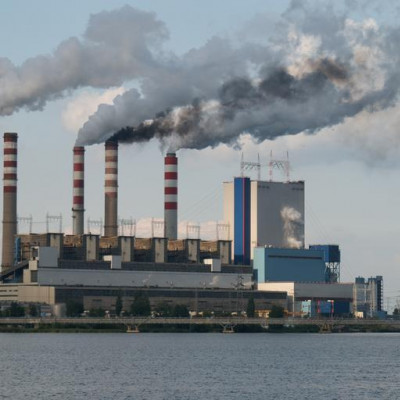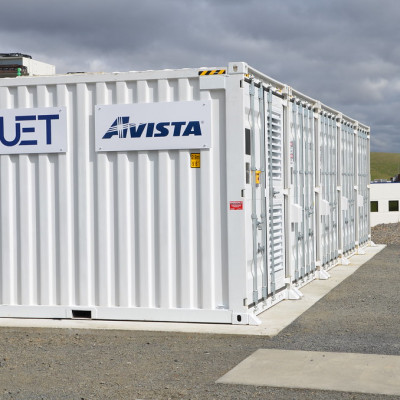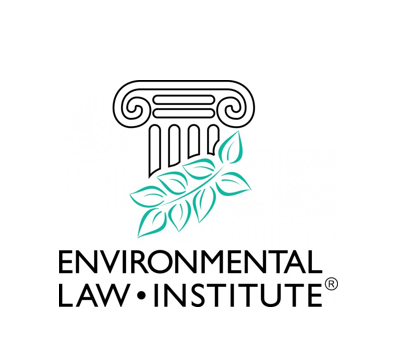March 31, 2021
March 2021 at Policy Integrity
- Economists: Rapid Action on Climate Is Warranted
- Resource Adequacy in a Renewable Future
- Weakened Environmental Policies During Covid-19
- Trump-Era Rule Undervalued Effluent Pollution Harms
- Examining Energy Storage and Emissions
- Addressing the Social Costs of Driving
- Commentary: Facing Climate-Related Financial Risk
- Condon’s Article Selected as a Top Article of 2020
- Other Events This Month
- More From March 2021
-

Economists: Rapid Action on Climate Is Warranted
In what is likely the largest-ever survey of experts in the field, we gathered responses from 738 economists on a series of questions about climate impacts, emissions reductions, and energy technology. As detailed in our new report, we found a strong consensus among experts that immediate, aggressive action on climate is economically justified. They project that economic damages from climate change will very quickly reach trillions of dollars per year, and agree that the costs of inaction greatly outweigh the costs of reducing emissions. Our survey was highlighted by dozens of major news outlets, including Reuters, CNN, and NPR. Coverage of the report has been syndicated in over 20 countries.
-

Resource Adequacy in a Renewable Future
The blackouts in Texas during February’s historic cold snap focused the attention of consumers, regulators, and policymakers on resource adequacy. Our report analyzes the relationship between resource adequacy and renewable energy. We explain how current approaches, which were developed around conventional resources, require updates but not an overhaul to ensure that the lights stay on in a future powered largely by renewables.
-

Weakened Environmental Policies During Covid-19
The Covid-19 pandemic has led federal, state, and municipal policymakers to adopt a number of measures that relaxed various environmental safeguards. While certain decisions came with clear justifications, others lacked a transparent rationale. Our report examines pandemic-related policy shifts and their costly impacts on public health and the environment. We also recommend criteria that government agencies can use to determine when to end any ongoing policy concessions, so that public safeguards can be restored as quickly as possible.
-

Trump-Era Rule Undervalued Effluent Pollution Harms
Under the Trump administration, the Environmental Protection Agency weakened Obama-era guidelines limiting toxic water pollution from coal-fired power plants. We released a report that examines the EPA’s flawed analysis of the rollback, which failed to adequately consider many health and environmental benefits from stricter effluent limits. Our report makes clear what changes the agency can make to improve its benefit-cost analysis as the Biden administration reviews these guidelines.
-

Examining Energy Storage and Emissions
The emissions impact of an energy storage system depends on its round-trip efficiency, the generation mix of the grid, and related policies. Dr. Burçin Ünel co-authored a new paper, published in Energy, showing how Clean Peak Standards for energy storage are largely ineffective at achieving emissions reductions goals. She also co-authored a working paper that analyzes how different types of residential retail tariff designs affect the deployment and use of distributed energy resources and, therefore, resulting emissions reductions.
-

Addressing the Social Costs of Driving
No comprehensive climate policy can achieve its goals without addressing the number-one source of greenhouse gas emissions in the United States: the transportation sector. In our webinar with the Information Technology & Innovation Foundation, speakers discussed our recent report on transportation market failures, how a road user pricing system might address them, and challenges to adopting such a system. A video recording of the event is available.
-

Commentary: Facing Climate-Related Financial Risk
Climate change presents grave risk to corporations, their investors, and the American public at large. Jack Lienke spoke with The Washington Post about climate risk, noting how much progress has been made under the Biden administration. Sarah Ladin’s piece in The Hill, co-authored with Michael Panfil of the Environmental Defense Fund, identifies many of the recent steps regulators have taken to protect against climate risk and encourages further action.
-
Condon’s Article Selected as a Top Article of 2020
Madison Condon’s article, Externalities and the Common Owner, was chosen by the Environmental Law and Policy Annual Review as one of the top five environmental law articles published last year. She will discuss her article and related topics with other experts in the field during the upcoming ELPAR conference on April 9. Condon authored this research during her time as a Legal Fellow and Attorney at Policy Integrity. She remains an Affiliated Scholar, and is now on the faculty at Boston University School of Law.
-
Other Events This Month
Richard Revesz joined the Yale Environmental Law Association for a discussion on cost-benefit analysis in environmental law and policy. He also participated in two panels—on cost-benefit analysis and regulatory transitions—during the Society for Benefit-Cost Analysis’ annual conference.
We co-sponsored a New York City Bar Association event, the second in a series of three, featuring a discussion among BIPOC attorneys on their careers in environmental law. You can register for the final event in the webinar series, on April 15, which explores key equity provisions in New York’s new Climate Leadership and Community Protection Act.


